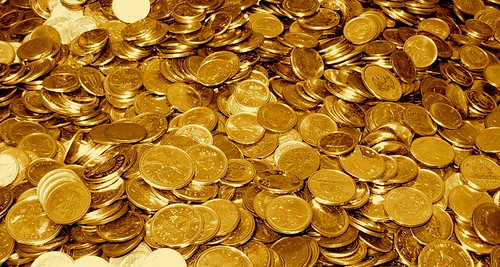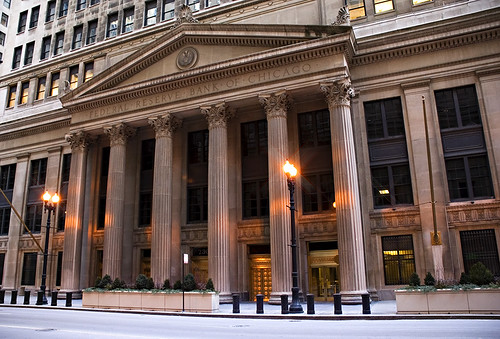The economic stimulus plan that President-Elect Obama is working is estimated to be between $675 and $775 Billion. The stimulus plan will be geared towards job growth and infrastructure. Some have argued that work should be done to increase short-term spending but Obama’s economic stimulus plan looks to have long-term effects. This sounds reasonable as short-term spending would only be a small band-aid at best. We have to move away from this idea that we can spend our way out of trouble!
The administration will look to give money to projects that have a plan to move us away from being energy dependent on other countries as well as projects to help build up schools. If done correctly this could be similar to what was achieved under FDR where many buildings and schools were built during the depression that are in use today.
Getting an economic stimulus package will be the top priority for Obama and his team once they are in office.
But is it enough?
Economics Nobel-Laureate Paul Krugman wonders if we don’t need closer to $1 Trillion. He says:
“I understand that there’s difficulty in actually spending that much money, and I–they’re also afraid of the–of the T word. They’re afraid of a trillion dollar for the two-year number. But you know, the back of my envelope says it takes roughly 200 billion a year to cut the unemployment rate by 1 percent from what it would otherwise be. In the absence of this program, we could very easily be looking at a 10 percent unemployment rate. So you do the math and you say, you know, even these enormous numbers we’re hearing about are probably enough to mitigate but by no means to reverse the slump we’re heading into. So this is–you know, I–they’re thinking about it straight.”
Wow. That is a lot of money. According to Obama, any taxes involved would amount to tax cuts for the middle class with many former tax cuts for wealthier folk repealed.
Clearly we are in the middle of a huge economic situation. Attempts to fix the problem up to now seem to have done little stem the bleeding. But if the money is used well to grow new industry, create long-term jobs, and develop much needed infrastructure then perhaps this can can work.
How do you feel about Obama’s new economic stimulus plan? Is it much needed or a waste of resources?



